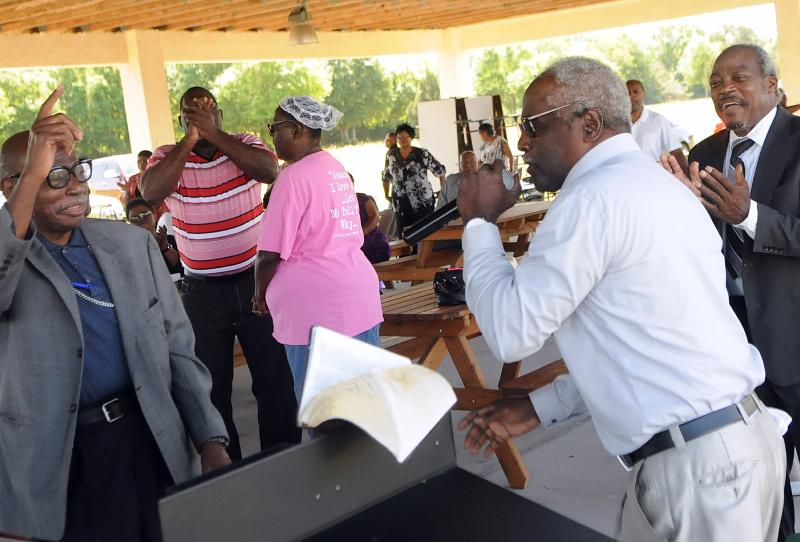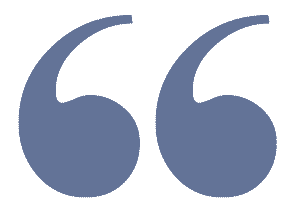Coronavirus: Churches can stay open in states with especially vulnerable populations



Published Thu, Apr 2 20203:31 PM EDTUpdated Thu, Apr 2 20204:23 PM EDT Tucker Higgins@in/tucker-higgins-5b162295/@tuckerhiggins Key Points Churches and other religious facilities will be allowed to remain open in more than half of the states that are the most vulnerable to coronavirus, often with special exemptions to mandated closures of nonessential businesses. At least 11 of the 15 states containing the highest percentage of especially at-risk individuals are not currently barring religious gatherings, a CNBC review of nationwide emergency orders found. The vulnerable population of those 11 states totals more than 8.4 million adults, according to a CNBC calculation using data from the Kaiser Family Foundation. Bishop, Eugene Cooper, pastor of the St. James House of Prayer of the Apostolic Faith Church leads Sunday service during the corona pandemic. The St. James House of Prayer of the Apostolic Faith Church held Sunday services outdoors in an effort to curb the spread of COVID-19.- PHOTOGRAPH BY Paul Hennessy / Echoes Wire/ Barcroft Studios / Future Publishing (Photo credit should read Paul Hennessy / Echoes Wire/Barcroft Media via Getty Images) Paul Hennessy | Echoes Wire | Barcroft Studios | Future Publishing
Churches and other religious facilities will be allowed to remain open in more than half of the states that are the most vulnerable to coronavirus, often with special exemptions to mandated closures of nonessential businesses.
Of the 15 states in the nation home to the highest percentage of especially at-risk individuals, at least 11 were not barring religious gatherings as of Thursday morning, a nationwide CNBC review of emergency orders found.
It is not clear how many individuals are continuing to attend religious services or how many facilities have closed voluntarily or under city and local orders. The White House is urging Americans to avoid all public gatherings of 10 or more until the end of April.
But the exemptions for religious institutions provide some obstacles to mitigation efforts such as social distancing that public health officials have said will save possibly 2 million lives if carried out "perfectly."
Some religious organizations, including the Mormon church and the leaders of Christianity Today, an influential evangelical magazine, have come out in support of suspending religious gatherings.
In the 15 most vulnerable states identified by the Kaiser Family Foundation, a national nonprofit that studies health issues, more than four in 10 adult residents are 65 or older or have an underlying medical condition.
While most cases of COVID-19 are mild, the Centers for Disease Control and Prevention have said people who fall into those two categories are more at risk of serious illness from the disease, with the most critical cases requiring intensive care and the use of medical ventilators, which are now in short supply.
Florida Gov. Ron DeSantis became the latest state leader to allow for religious exemptions to a shelter-in-place order on Wednesday.
DeSantis's order listed "religious services conducted in churches, synagogues and houses of worship" among the "essential activities" that are allowed to stay open.
Other particularly vulnerable states with special exemptions for religious activities include Louisiana, Tennessee, West Virginia, New Hampshire, Delaware, Michigan and Mississippi. In Oklahoma, Missouri and Arkansas, there are no statewide orders closing nonessential businesses.
The vulnerable population of those 11 states totals more than 8.4 million adults, according to a CNBC calculation using KFF data.
In some of the states, the rules are not especially clear. Michigan Gov. Gretchen Whitmer, for instance, signed an order that barred "all public and private gatherings of any number of people occurring among persons not part of a single household." But places of worship are "not subject to penalty," the order stipulates.
Some governors, including South Carolina Gov. Henry McMaster and Alabama Gov. Kay Ivey, signed orders closing down nonessential businesses that, instead of listing exceptions to the rule, provided a list of entities that would have to close. Those lists did not specifically mention religious facilities. The South Carolina Department of Commerce and Ivey's office did not immediately respond to emails requesting comment.
A few of the vulnerable states with exemptions that allow church services to continue explicitly order them to follow social distancing rules.
New Hampshire Gov. Chris Sununu, for instance, provided an exemption to "any church, synagogue, mosque, or other house of worship," in his order, so long as they comply with an earlier regulation barring gatherings of 10 or more people. Mississippi Gov. Tata Reeves also provided an exemption for "religious gatherings," as long as they adhere to state and CDC guidelines.
In contrast, the orders signed by the governors of only two of the 15 states, Kentucky and Maine, do not seem to provide any sort of leeway for religious institutions.
Kentucky Gov. Andy Beshear specifically barred "faith-based" mass gatherings in a letter issued before his statewide shelter-in-place order. Citing state health officials, Beshear said on Wednesday that a church revival in mid-March contributed to the spread of coronavirus in the state.
In Maine, Gov. Janet Mills signed an order that specifically defined essential businesses and activities and did not include religious institutions. The Roman Catholic Diocese of Portland suspended all of its religious services in the state last month.
Related Tags Religion Public health COVID-19 Coronavirus Elections
